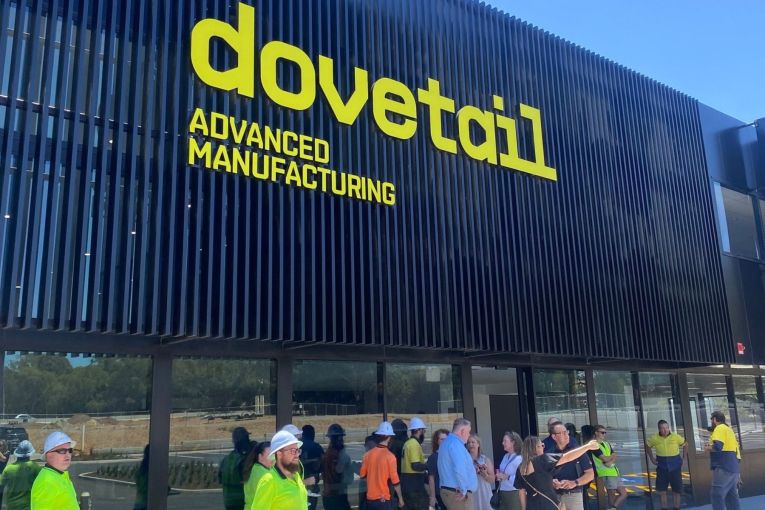‘Development is politicised’: SA Property Council boss laments uncertainty in sector
Sentiment from the property sector about forward work expectations has fallen dramatically, with the state’s Property Council executive director blaming the “noisy NIMBY minority” for stymying development.

A new Procore and Property Council industry survey found forward work sentiment from South Australian companies dropped by almost 40 index points to 16.6 points – well below the historical state average of 34.2 points.
The revelation is another signal that housing affordability will be further under threat, Property Council SA executive director Bruce Djite said, and that the results should “put the state government on notice that their policy goals are at risk”.
Speaking to InDaily, Djite said policy settings and local politics “significantly influence investment appetite, which flows on to forward work schedules”.
“There is an abundance of global and local capital looking for a home, but execution risk for projects means investment is withheld due to uncertainty,” Djite said.
“In South Australia, this has played out when politics and policy collide or in other words, development is politicised – we witnessed this with the Cranker.
You might like
“Also, the uncertainty around the timing of enabling infrastructure development makes lenders and investors shaky.”
General industry sentiment in December was strongest in South Australia of all states and territories but fell two points on September 2024’s result.


Stay informed, daily
The Property Council boss said housing affordability relief was still some time off, with demand continuing to outstrip supply.
“At the rate we are currently delivering housing, there will be no relief in the short term and very little relief in the medium term,” Djite said.
“Relief will only come when supply starts to catch up with demand and this is going to be extremely challenging when you consider the major infrastructure projects begin to ramp up.
“The Glenside code amendment will be one of many real tests on how serious the government is about tackling the housing crisis.”
If the issues are not fixed soon, Djite predicts “catastrophic social consequences”.
“If housing supply continues to be constrained and the noisy NIMBY minority are successful in continuing to stymie development, then we will face catastrophic social consequences as future generations perpetually grapple with housing affordability, which is the key input to the cost-of-living crisis,” Djite said.
“Whilst housing is the headline-grabbing policy of the year, the South Australian government will need to release, rezone and assist in delivering infrastructure for employment and industrial land.
“With population increasing and homes being built further from employment hubs, it is crucial that more employment opportunities are provided for our newest communities, particularly in Greater Metropolitan Adelaide’s north. Similarly, it is vital that the government does not overburden the property sector with further regulations or legislation that increases red tape and brings development grinding to a halt.”
For more property and business news, sign up for Business Insight. It’s free and informative and in your inbox each Monday morning.









